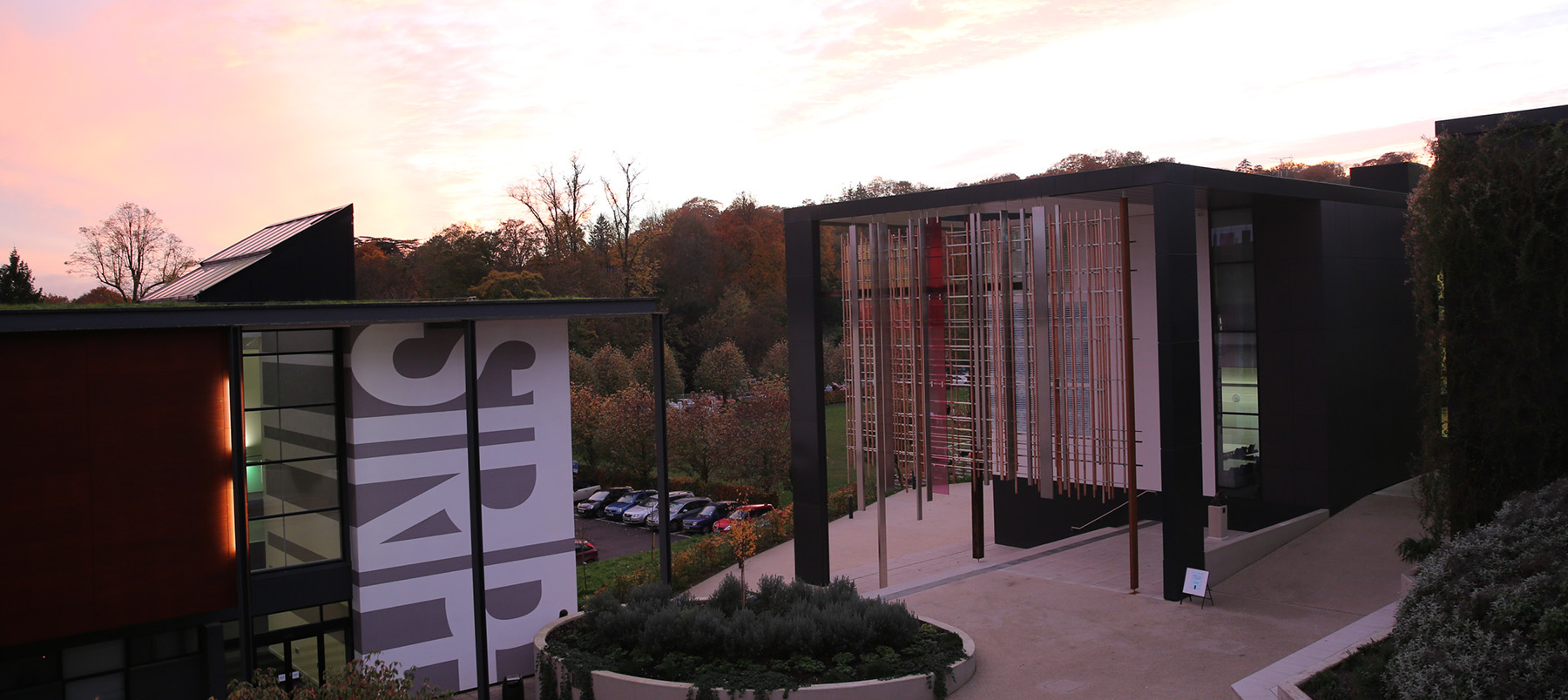
Busking in the streets of Winchester for the past months has been a very enlightening experience for a son jarocho promoter like me.
But what is that music style – besides a hard name to pronounce for native English speakers?
Son jarocho, traditional Mexican music, has such a different flavour from what people are used to hearing in England. This music, with a mix of Spanish, indigenous and Afro-American rhythms, may sound a little bit too loud to sensitive ears. The singing style has to rise above the jaranas and requintos if the artist wants to be heard by a crowd of musicians in the Fandango, the traditional gathering which remains alive in Veracruz, Mexico. Luckily, the rhythm cannot be denied by the body (in most cases), and the fact that this music contrasts with the environment makes it possible to be appreciated by the English community.
As a music teacher, I am convinced music has a powerful influence on our behaviour and emotions. As a consequence, it is exciting to observe the reactions of local people to this music. My partner and I have seen faces surprised by the sudden fiesta in the street, in addition to those who come up to us to say how cheerful our music makes them feel. Finally, children, as the spontaneous beings they still are, cannot help tapping their feet, waving their heads or just staring frozen in front of such loud instruments and singers.
But this music has its greatest impact when it initiates waves of smiles in this small corner of the city. And it is then, when they remind me of the purpose of my career as an arts manager and, in that precise moment, as a son jarocho player busking in the streets of Winchester.
Busking acquires a deeper meaning when it represents an opportunity for political expression. Promoting son jarocho is a way of resisting the institutional discrimination which for centuries has dominated music education programmes in Mexico and Latin America towards the music which is rooted in the countryside and preserved mainly by peasants.
Furthermore, playing this traditional music becomes a declaration against discrimination in a world shaken by political situations which affect us globally. By bringing this artistic expression to new frontiers, musicians can help to build bridges between cultures, developing more tolerant and understanding societies.
I truly believe that if we appreciate music, we are a step nearer to understanding the culture behind it. For this reason, I have coordinated the Welcome Veracruz Festival, which is an opportunity for the UK to embrace a different culture.
For this Festival, my aim is to bring the Fandango, an ancient Mexican tradition, to this country for the first time. The event will be led by the El Teterete folk band, straight from Mexico, and be accompanied by the taste of tamales. I am sure this will be the perfect occasion for local people to join in an authentic Mexican celebration in Winchester, where music, dance, and poetry will erase cultural boundaries in a community gathering that welcomes all: the Fandango.
Fandango takes place on Friday 9 June at the Loft. For more information go to https://fandangouk.eventbrite.co.uk or contact 07856871848.